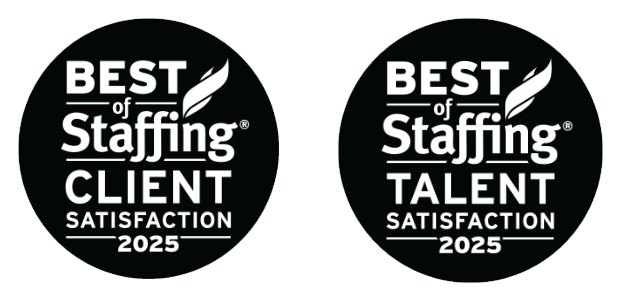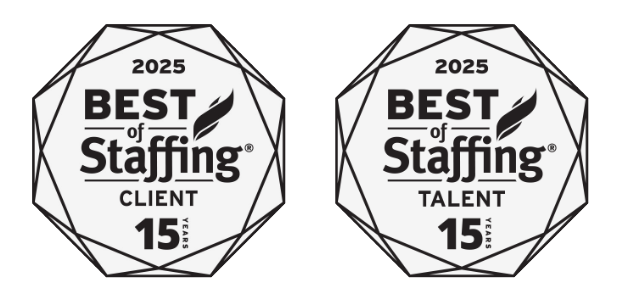Let’s be honest: if your HR strategy hasn’t changed in the past three to five years, it’s already behind. The world of work has shifted dramatically – hybrid work, skills-based hiring, employee well-being, AI-driven recruiting – and yet many HR teams are still operating as if it’s 2015. The reality is this: outdated HR strategies don’t just slow you down, they cost you top talent, innovation, and growth.
It’s time to rethink HR not as a “support function” but as a strategic driver of business success.
The Signs Your HR Strategy is Stuck in the Past
How do you know your HR approach needs a refresh?
- Annual reviews are your main feedback tool. Today’s employees expect ongoing coaching and real-time recognition, not a single meeting once a year.
- You’re hiring reactively, not proactively. If you’re scrambling every time there’s an open role, you’re already behind the competition.
- “Hybrid” is still a debate, not a strategy. Companies that fail to build intentional hybrid and flexible work models risk losing talent to organizations that already have.
- You rely on “gut feel” instead of data. Modern HR is powered by analytics, predicting turnover, identifying high-potential employees, and using data to inform hiring.
- Skills are an afterthought. Today’s workforce is changing too fast for job descriptions that stay static. Skills-based development is now a must.
Why an Outdated HR Strategy Hurts Your Business
It’s not just an HR problem, it’s a business problem. Companies that cling to outdated practices experience:
- High turnover and talent loss. Your best employees will move to organizations offering flexibility, career growth, and purpose.
- Low engagement and productivity. Outdated processes frustrate employees and limit collaboration.
- Missed opportunities for innovation. A static workforce can’t adapt quickly to new market demands.
- Falling behind competitors. If you’re not modernizing your workforce strategy, someone else is, and they’re scooping up the talent you want.
What Modern HR Looks Like in 2025
Forward-thinking organizations are already rewriting the HR playbook. Here’s what sets them apart:
- Employee Experience Comes First. HR is about more than benefits and compliance, it’s about designing an end-to-end employee experience that retains talent.
- AI & Technology Drive Efficiency. From AI-powered recruiting to predictive analytics for turnover, modern HR teams are leveraging tech to make smarter decisions.
- Skills > Job Titles. Companies like Amazon and IBM are prioritizing skills-based hiring and career pathways, future-proofing their workforce.
- Diversity, Equity & Belonging Are Embedded. It’s not a program; it’s woven into hiring, leadership, and company culture.
- Personalization Rules. Employees expect customized career development, flexibility, and wellness programs that fit their individual needs.
Real-World Success Stories
1. Microsoft: Building a Growth-Mindset Culture Microsoft shifted its HR approach under CEO Satya Nadella by embedding a “learn-it-all” culture rather than a “know-it-all” culture. They prioritized continuous learning, leadership empathy, and upskilling initiatives that keep employees future-ready. The result? Microsoft remains a talent magnet in tech’s most competitive market.
2. HubSpot: Prioritizing Employee Experience HubSpot’s People Ops team focuses on employee autonomy, flexibility, and transparency. They were early adopters of remote-first strategies, investing in virtual collaboration tools and tailored career development plans. HubSpot consistently ranks as one of the best places to work because of this modern HR philosophy.
3. Patagonia: Leading with Purpose and Values Patagonia integrates its environmental mission into its HR strategy, offering on-site childcare, flexible schedules, and strong DEI programs. Employees are deeply connected to the company’s values, resulting in low turnover and a strong employer brand.
5 Steps to Update Your HR Strategy Now
- Audit Your Current State. Where are you relying on outdated processes or tech? Where are you failing to meet employee expectations?
- Listen to Employees. Use pulse surveys, focus groups, and stay interviews to understand pain points before they become resignation letters.
- Invest in Technology. Modern HCM systems, real-time feedback tools, and AI recruiting platforms can streamline processes and uncover insights.
- Rethink Talent Acquisition. Build proactive pipelines, enhance your employer brand, and use storytelling to connect with candidates.
- Upskill Your Workforce. Continuous learning is no longer optional. Offer employees pathways to develop the skills you’ll need tomorrow.
The Bottom Line
HR can no longer operate as a compliance function – it’s the backbone of culture, retention, and business agility. If your strategy hasn’t evolved, you’re not just behind on HR, you’re behind on business. The companies winning today are those that view HR as a strategic growth partner, not an afterthought.
Ready to Modernize Your HR? At Advanced Resources, we partner with HR leaders to design forward-thinking talent strategies, from direct hire and consulting solutions to workforce planning that’s built for the future. As a minority-owned, women-led firm with 38+ years of expertise, we understand what it takes to build resilient, people-first organizations. Let’s start the conversation about where your HR strategy needs to go next.






